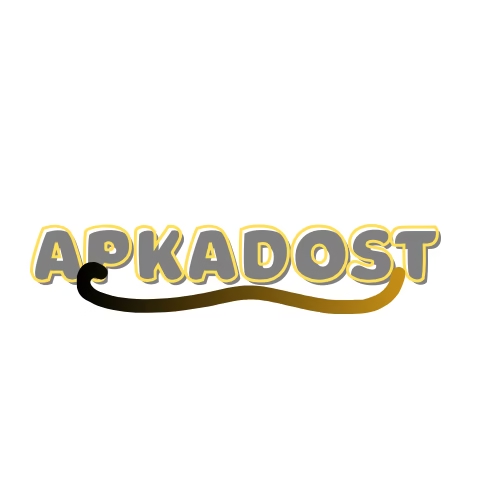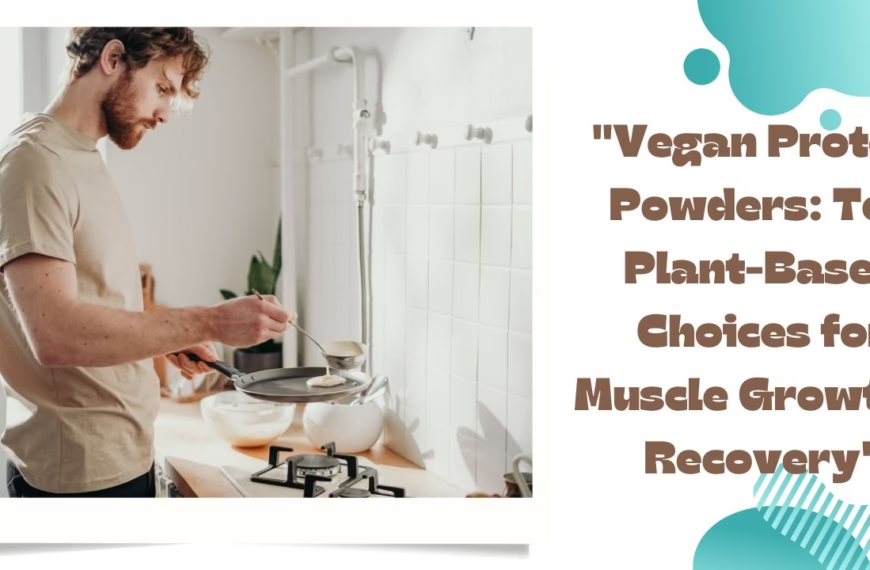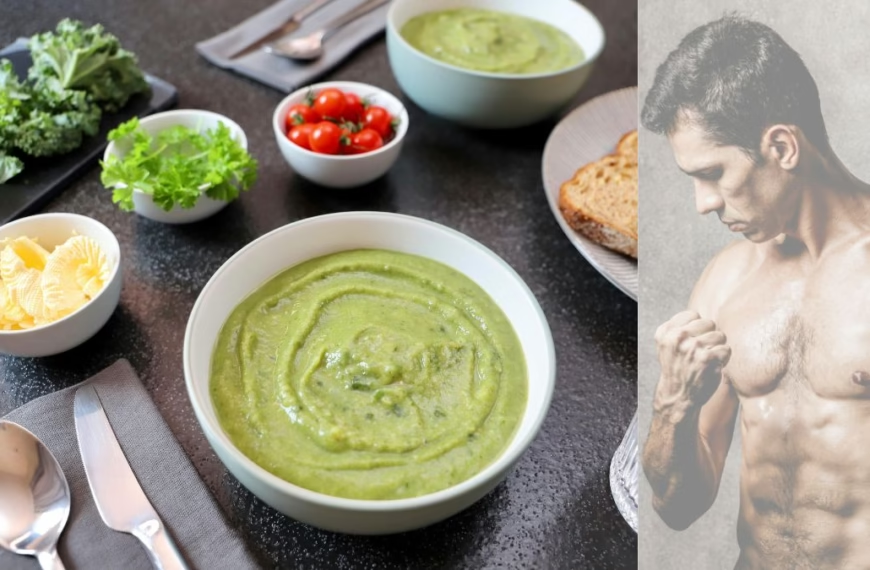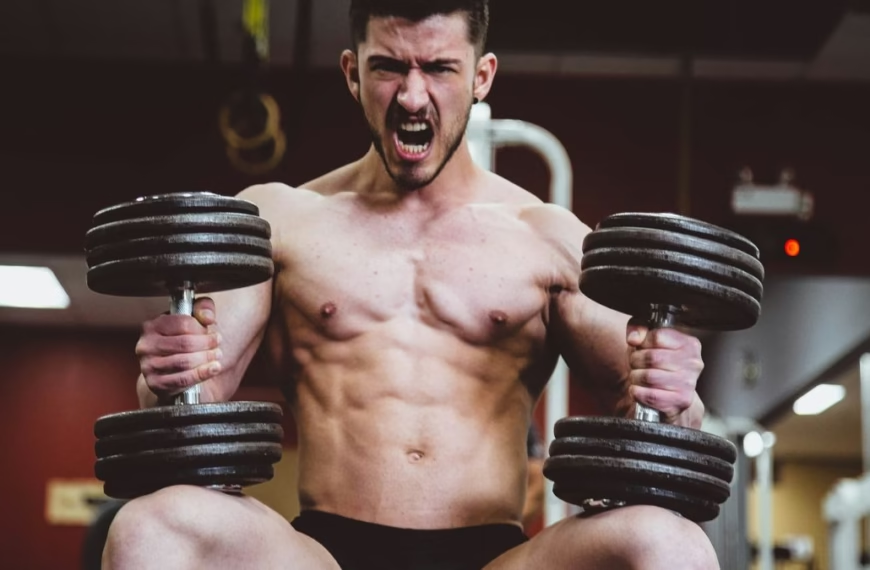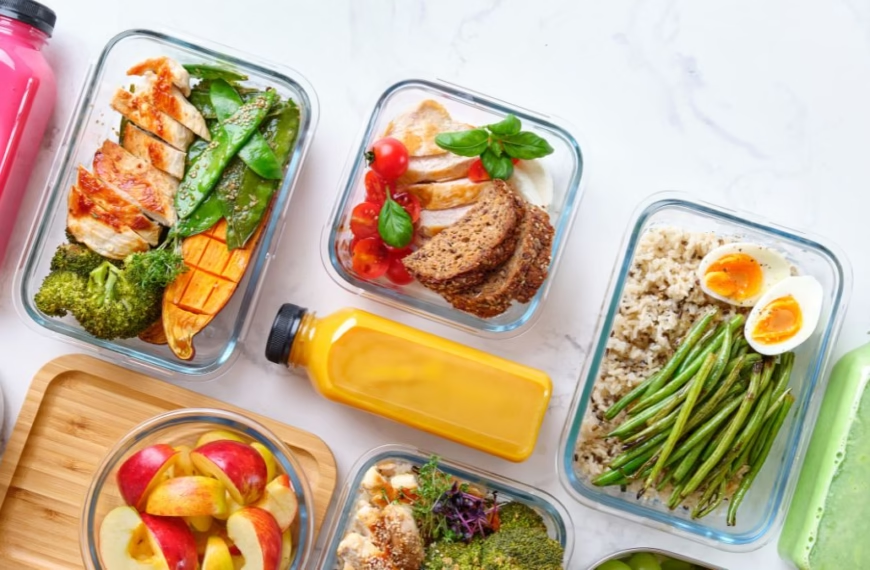
Best Nutrient Sources for Muscle Growth & Weight Loss
Eggs are a widely recognized source of high protein foods, offering 6.3 grams per large egg, which accounts for 13% of the Daily Value (DV). While eggs are nutritious, many foods provide higher protein content per serving, making them great alternatives for muscle growth and weight management.
“If you’re looking for more details on protein-packed meals, check out The Ultimate High-Protein Meal Plan
for expert insights.”
Why High Protein Foods Matter
“According to Harvard’s Nutrition Guide, high-protein foods play a key role in muscle recovery.”
Protein plays a vital role in muscle recovery, immune system support, and hormone production. A diet rich in high protein foods enhances satiety, helping with weight control and energy levels. The recommended Daily Value for protein is 50 grams, though individual requirements vary based on age, weight, and lifestyle.
Foods That Deliver More Protein Than Eggs
“Studies from the National Institutes of Health show that plant-based protein sources may help reduce inflammation.”
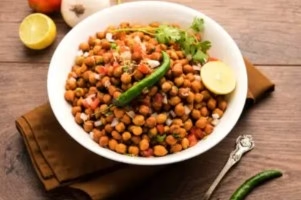
Chickpeas
Chickpeas – A Fiber-Rich Protein Source
Chickpeas, also known as garbanzo beans, serve as an excellent plant-based protein option. They contribute to digestive health, blood sugar regulation, and cholesterol improvement. A cup of cooked chickpeas provides 14.5 grams of protein, making them a great alternative to eggs.
Almond Butter – A Nutritious Protein Boost
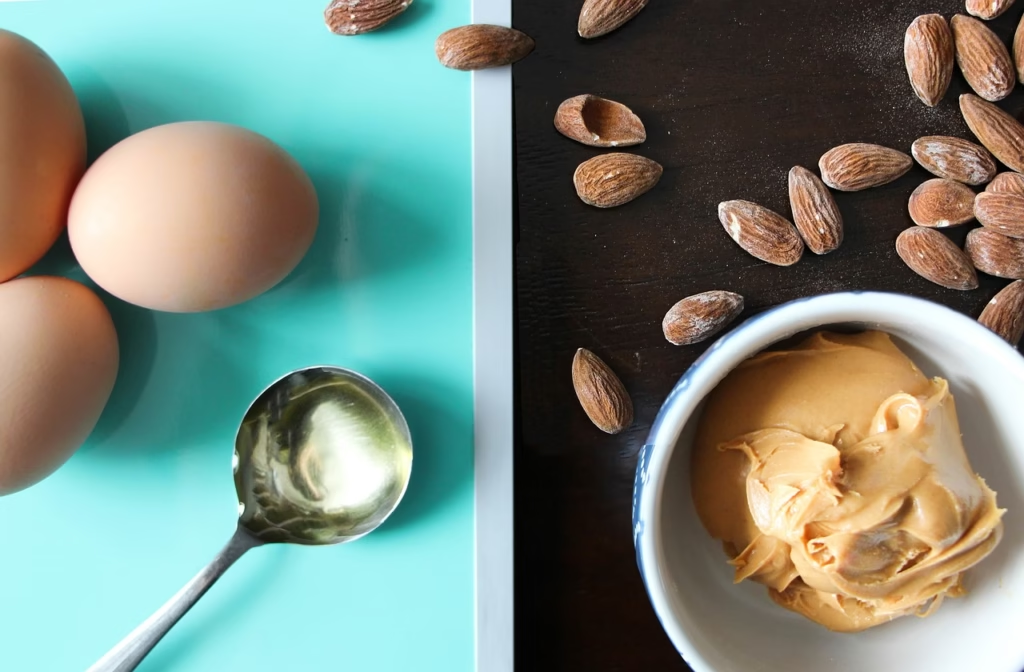
Almond butter is packed with heart-friendly monounsaturated fats, fiber, vitamin E, and magnesium. These nutrients support heart health, reduce bad cholesterol, and aid muscle function. A two-tablespoon serving contains 6.7 grams of protein, making it an ideal protein-rich addition to meals.
Quinoa – A Complete Protein Superfood
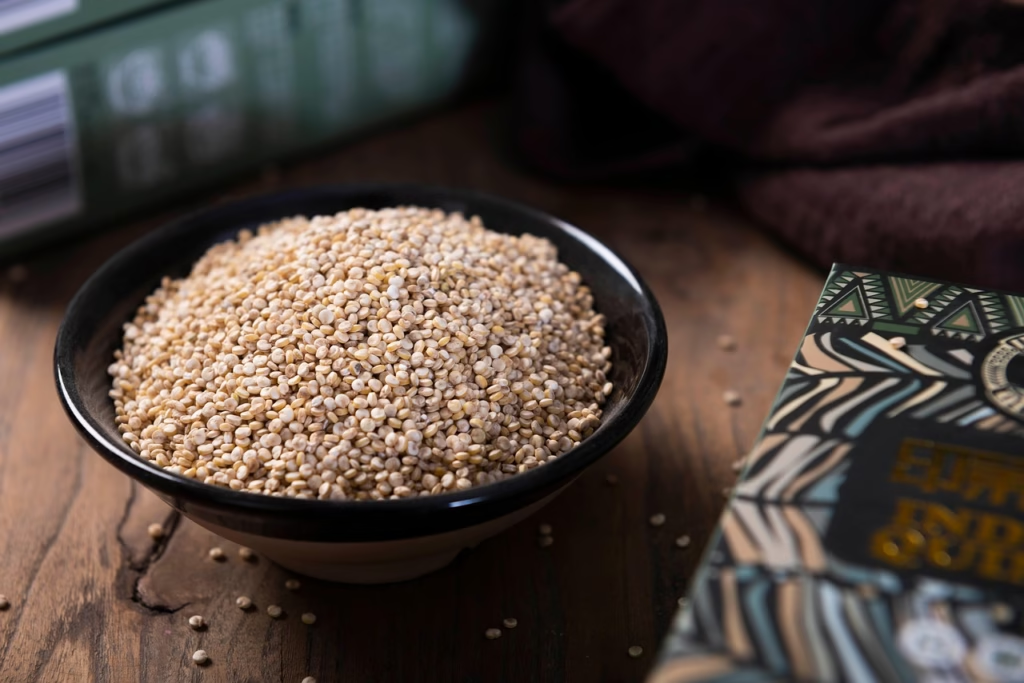
Quinoa is a gluten-free grain loaded with protein, fiber, and antioxidants. It contains quercetin and kaempferol, known for their anti-inflammatory benefits. A cup of cooked quinoa supplies 8.1 grams of protein, making it a powerful nutrient-dense choice.
Lentils – A High-Protein Legume
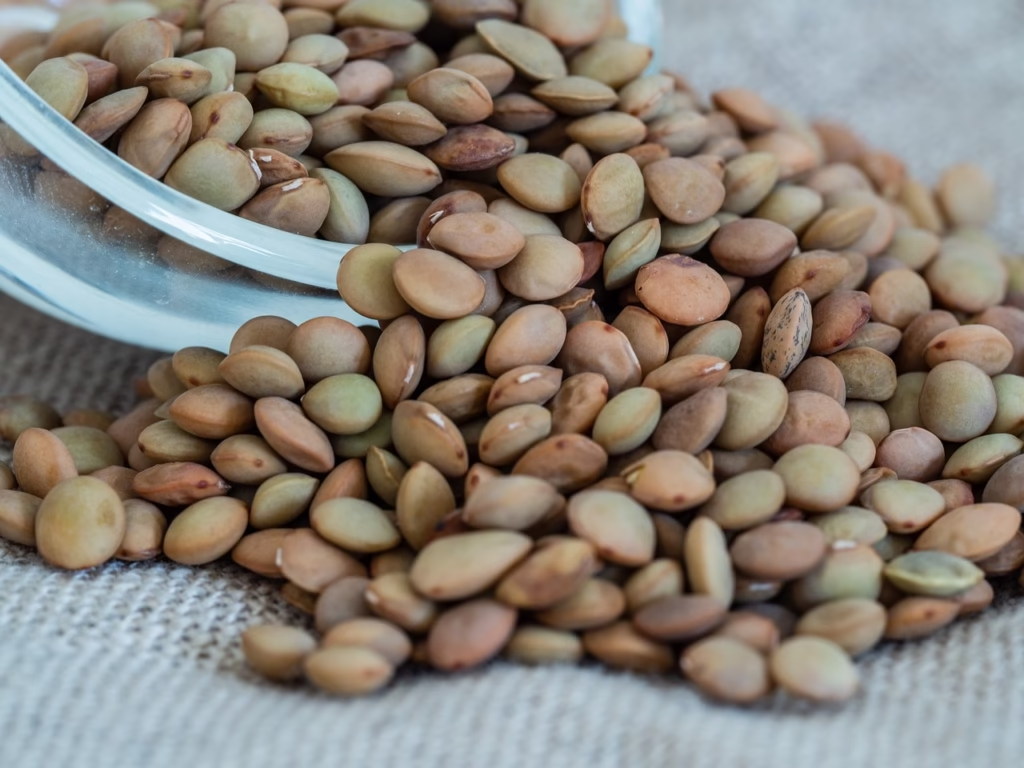
Lentils provide exceptional protein and fiber content, along with magnesium, folate, and iron. These nutrients help boost energy, support DNA synthesis, and improve oxygen transport. A cup of cooked lentils delivers 17.9 grams of protein, ranking among the highest plant-based protein sources.
Tofu – A Versatile Plant Protein
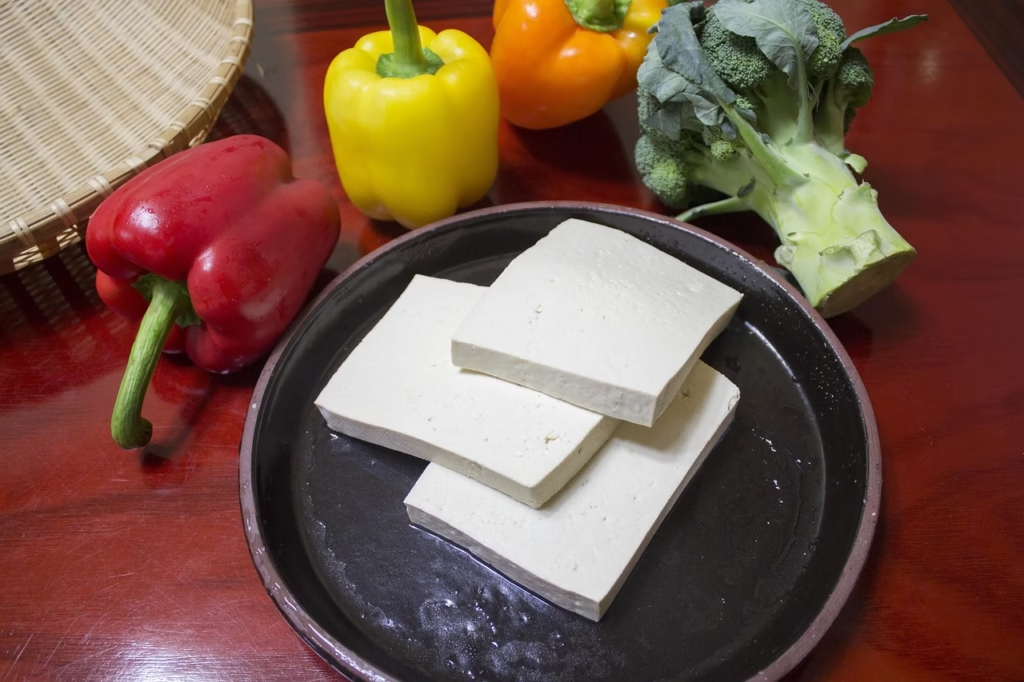
Tofu, derived from soybeans, is a complete protein, meaning it contains all nine essential amino acids. It’s also rich in calcium, iron, and antioxidants, making it a nutrient-dense choice. A three-ounce serving delivers 9 grams of protein, proving highly beneficial for a plant-based diet.
Greek Yogurt – A Dairy-Based Protein Powerhouse
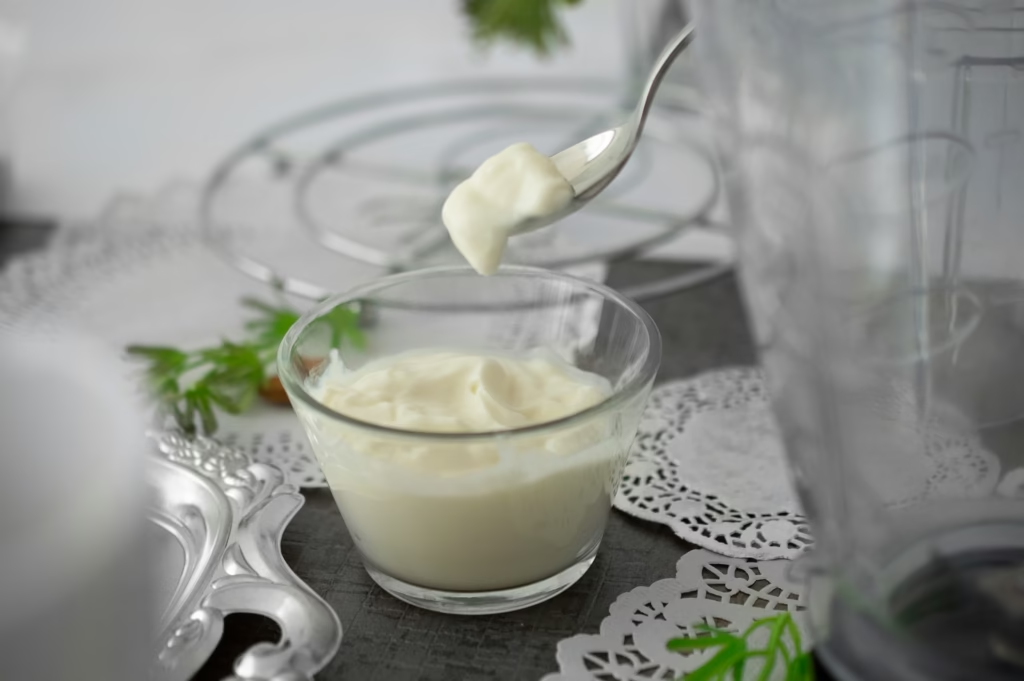
Greek yogurt undergoes extra straining processes, increasing its protein concentration compared to regular yogurt. A 5.3-ounce serving of nonfat vanilla Greek yogurt contains 13 grams of protein, making it one of the best dairy-based protein options.
“Greek yogurt is a powerhouse of protein! For more snack options, read our guide on Best High-Protein Snacks.”
Black Beans – A Fiber-Packed Protein Alternative
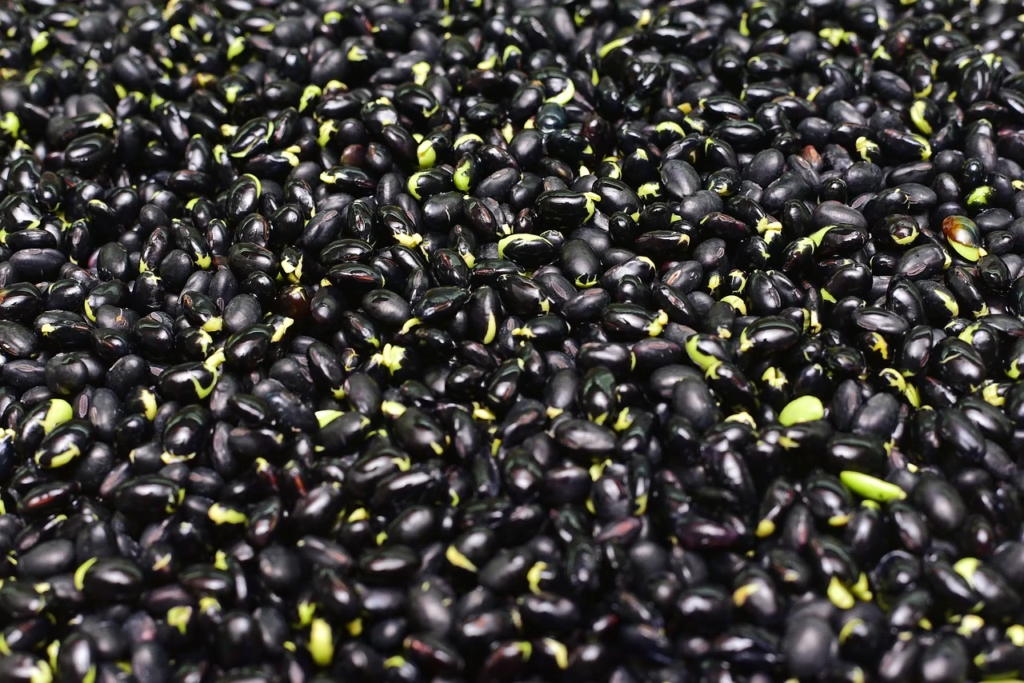
Black beans are loaded with protein, fiber, and antioxidants, which support gut health and reduce inflammation. They also promote beneficial Clostridia bacteria, improving insulin sensitivity. A cup of cooked black beans provides 15 grams of protein, ranking among top high protein foods.
Almonds – A Convenient Protein Snack
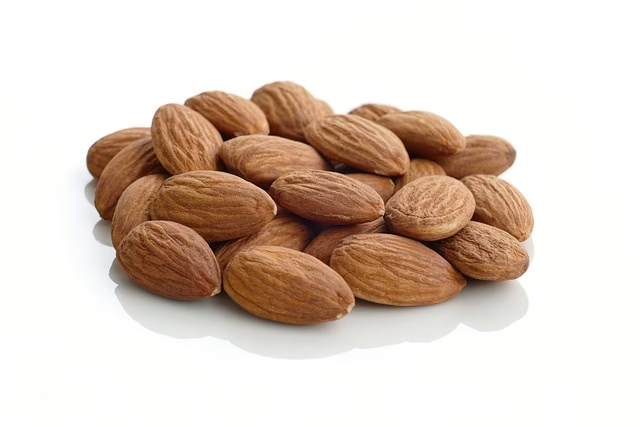
Almonds supply heart-healthy fats, fiber, vitamin E, and magnesium, contributing to cholesterol regulation and immune health. A single ounce (approximately 23 almonds) provides 6 grams of protein, making them a simple yet effective high protein snack.
Final Thoughts – Expand Your Protein Choices
Protein plays a key role in building muscle, supporting overall health, and managing weight. While eggs are a good protein source, incorporating a variety of high protein foods such as black beans, lentils, quinoa, and Greek yogurt ensures maximum nutrient intake and dietary balance.
Frequently Asked Questions
Which foods provide more protein than eggs?
Several high protein foods deliver greater protein per serving, including lentils, Greek yogurt, black beans, and quinoa.
Why is protein essential for the body?
Protein is critical for muscle repair, immune function, hormone production, and satiety, making it vital for overall well-being.
How much protein do I need daily?
The Daily Value (DV) for protein is 50 grams, but individual needs vary depending on weight, age, and activity levels.
Are plant-based proteins as effective as animal proteins?
Yes! Many plant-based protein sources, such as lentils, chickpeas, and tofu, provide complete proteins or can be combined to meet amino acid requirements
“Want to know whether plant-based or animal-based protein is better for you? Read our deep dive on Plant-Based vs. Animal-Based Protein“
What’s the best protein source for weight loss?
Foods rich in protein and fiber, such as black beans and lentils, help promote fullness, assisting with weight management.
How can I add more protein to my diet?
Include Greek yogurt for breakfast, add lentils to soups, snack on almonds, or substitute meat with tofu in your meals.
“Want to learn more? Check out this expert-backed resource from Mayo Clinic.”
high protein foods, high protein foods,

